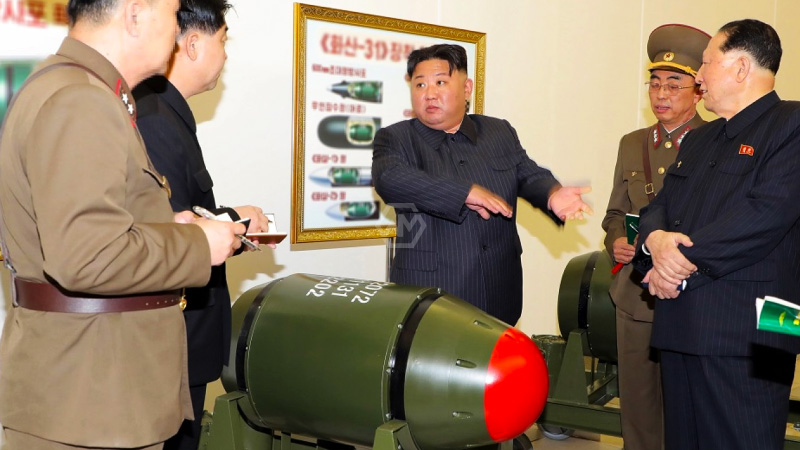Kim Jong Un is discovering new means to replenish his depleted coffers, which has resulted in dramatic changes to North Korea’s economy. Following the resumption of grain exports earlier this year, Russia has now started shipping oil to North Korea for the first time since 2020. The massive stockpiles of weapons held by North Korea are the central premise, according to the US government and unaffiliated analysts.
These measures are insufficient to repair a battered, isolated economy and return it to health. However, aid from Russia, together with the resumption of commercial relations with China and other revenue streams like cybercrime, is ensuring the economy remains strong enough to run, allowing Kim to continue defying the international community.
Kim Jong Un’s financial support
There is little sign that North Korea would resume nuclear discussions anytime soon, but it always manages to survive. To commemorate the anniversary of their trip, Russia and China are sending prominent delegations to North Korea as a sign of their support for Kim.
North Korea has untold quantities of weapons in its arsenal, maybe numbering in the millions of rounds, and has long threatened to destroy Seoul with its arsenal. commerce indicators reveal that North Korea and Russia are both subject to UN sanctions and both are attempting to hide the precise volume of commerce.
- Kim Un seeks replenishment, North Korea’s economy changes; Russia resumes oil exports.
- North Korea and Russia face UN sanctions for weapons and commerce.
- North Korea’s secret economy challenges evaluation due to its underweight, flood-ravaged population.
There are various indications, nevertheless, that things are picking up, as seen by the two nations’ recent restoration of a train link that had been stopped for almost three years.
Because North Korea’s economy is secret, it is challenging to evaluate its entire activities. According to the World Food Programme, 40% of the population is underweight, and floods have wreaked havoc on farmland and crops. The construction of homes and a plan to create 10,000 new flats in Pyongyang are two iconic projects that Kim’s administration has accelerated.
These expenses, however, are insignificant in comparison to the money used for armaments, which might have cost more than $1 billion for missile tests.
Given that China and Russia have broken their sanctions duties under UN Security Council resolutions, Pyongyang is free to continue developing nuclear weapons and acting provocatively, which is likely encouraging Kim Jong Un to act more aggressively.



